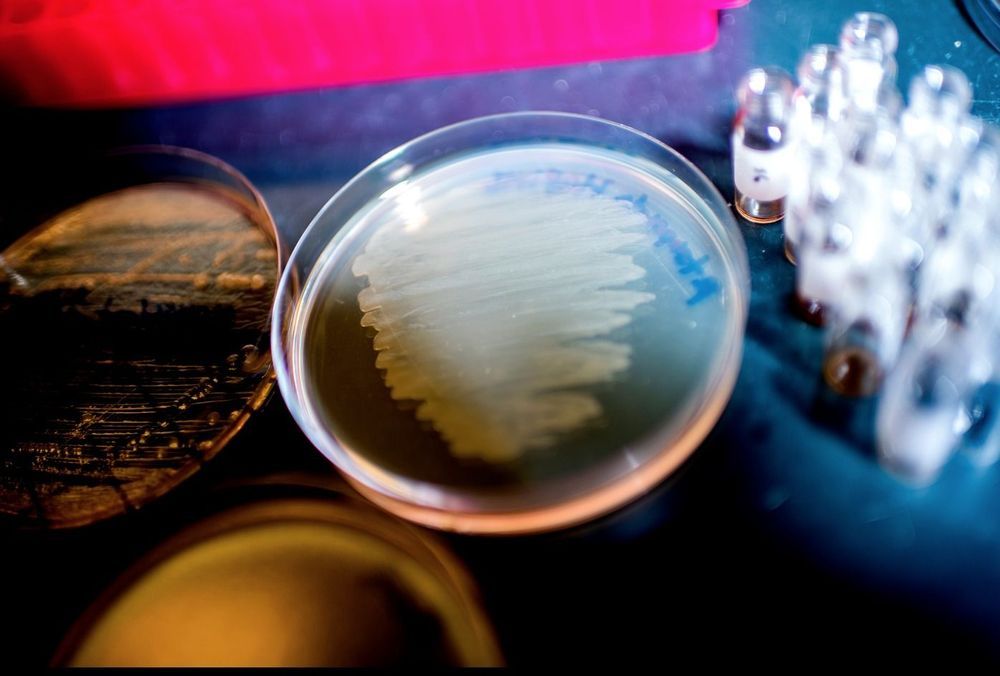We’re currently in dire need of new weapons against infectious bacteria, especially those in a tough-to-kill class known as gram-negative bacteria. Now, researchers at Northeastern University have discovered just that, hiding in the gut of a tiny, soil-dwelling, parasitic worm. Tests on mice have so far proved promising.
For decades we’ve had the upper hand over bacteria, clearing out many infections fairly easily with antibiotics. But extensive use has led to an arms race between us and bacteria. As they evolve resistance to our best drugs, we develop new ones and use those until the bugs become resistant to those too.
But this cycle is starting to break down, and not in our favor. Developing new drugs is time and cost-intensive process, and bacteria are evolving resistances faster than we can keep up. There are now “superbugs” that are resistant to all known drugs. The situation is getting so bad that a recent report warned that superbugs could kill up to 10 million people a year by 2050, casting us back into the “dark ages of medicine.”
